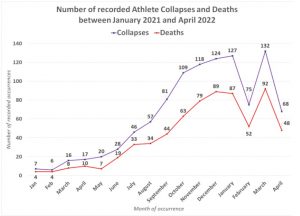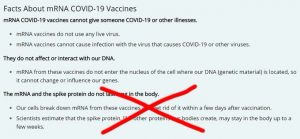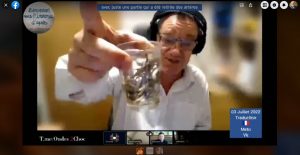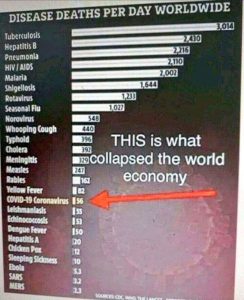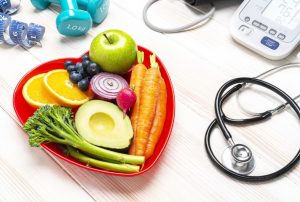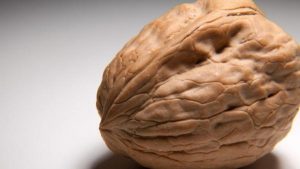One of the NZDSOS team decided to ask Medsafe a fairly simple question. It’s quite brilliant in its simplicity. “What is the working definition of ‘safe’”? There was concern that Medsafe might have a different definition than that of the general public.
This request was sent on 30 July 2021 and when no reply was received, it was followed up with a further request for a definition on 17 Oct 2021. At this stage, 94 deaths following vaccination had been reported to Medsafe and were on their Safety Reports, many still under investigation or in limbo due to ‘insufficient information’, (there are now 171 deaths and 3,452 serious adverse events reported).
No reply ensued so the matter was referred to the Ombudsman as is often suggested if dissatisfied with OIA (Official Information Act) results.
In March 2022 a letter was received from the Ombudsman saying an investigator would be allocated when one became available. A further letter was written in July 2022 to the Ombudsman to ask whether it is likely the investigator will be allocated before the end of the year.
It is now nearly one year since a simple question “What is the definition of ‘safe’?” was asked of Medsafe and they have been unable to respond.
If Medsafe cannot define what ‘safe’ is, how can they determine when an intervention is not safe?

